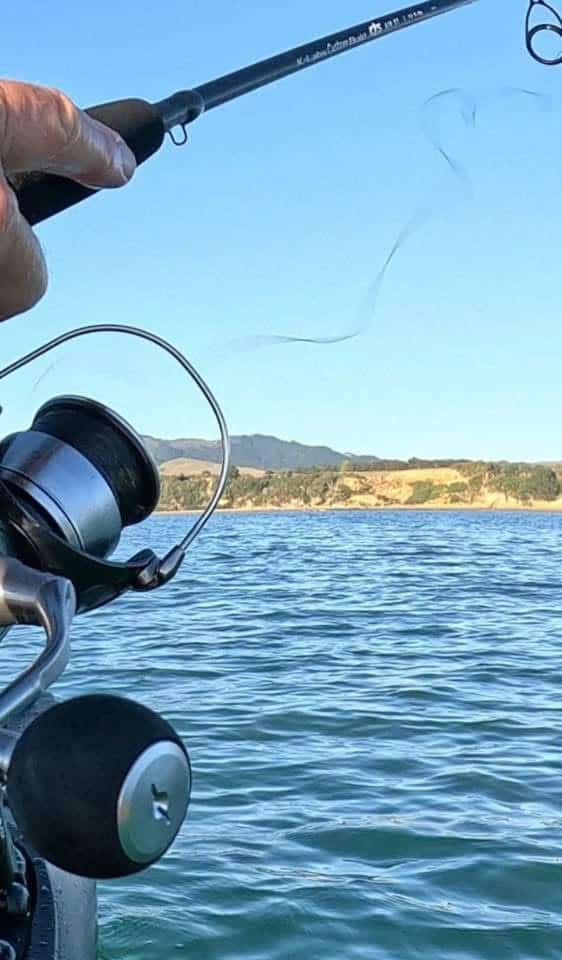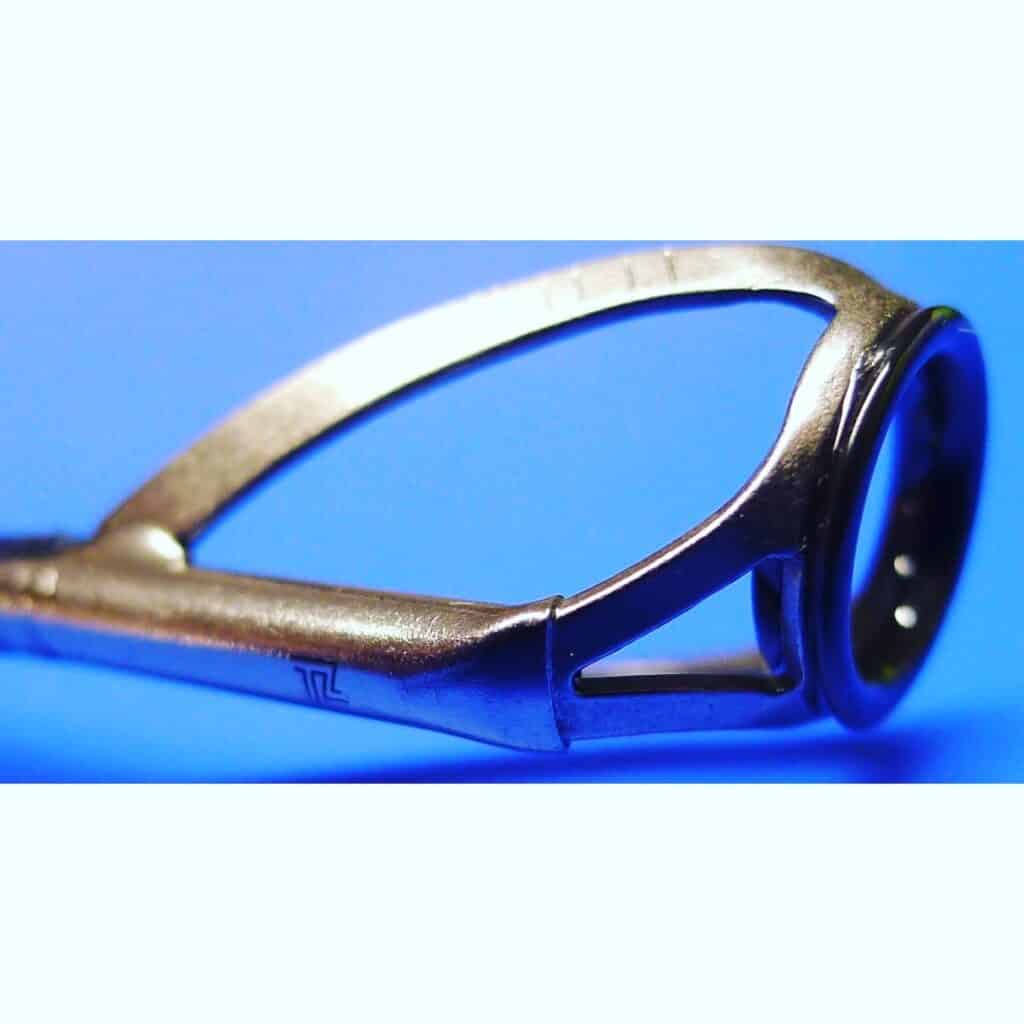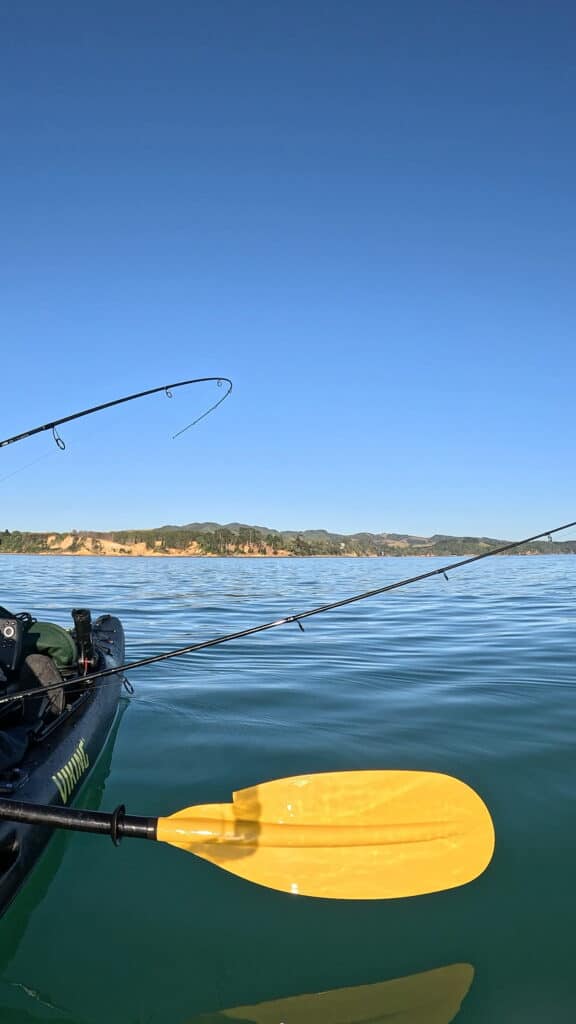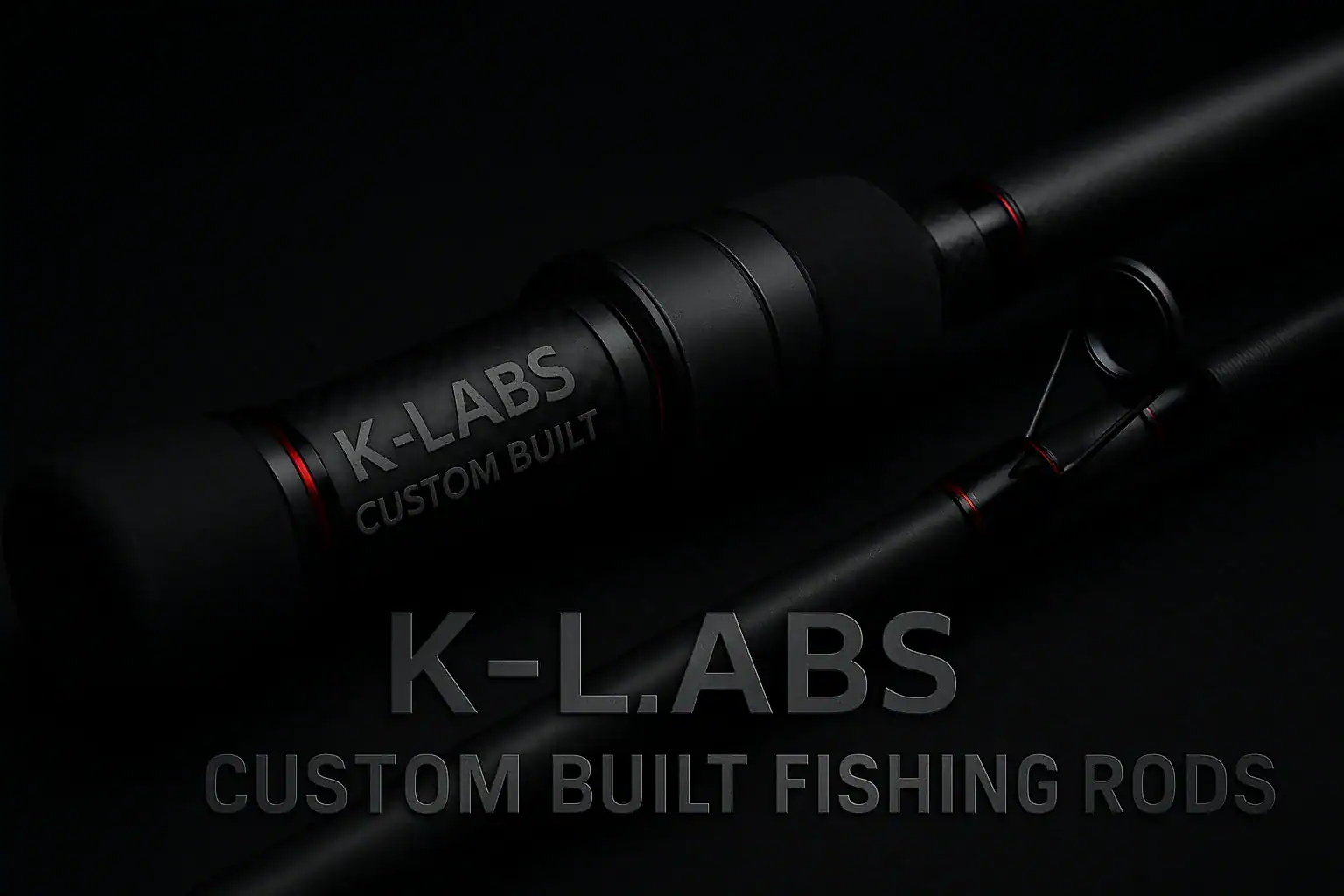
1. Rinse After Every Trip
Saltwater is your rod’s biggest enemy. After every session, rinse your rod gently with fresh water.
Focus on the guides, reel seat, and blank — these are the parts most exposed to salt buildup.
Avoid high-pressure hosing — a soft rinse is all you need to prevent corrosion without forcing water into places it shouldn’t go.
2. Check the Guides and Tip Regularly
Your line runs hard under pressure, especially when casting softbaits or fighting fish.
Every few trips, run a cotton bud or soft cloth through each guide.
If it snags, it could mean a tiny crack or chip — and a damaged guide can destroy your line fast.
Catching a small issue early helps keep your rod performing at its best.

3. Check Your Reel Seat and Connections
Before each trip, make sure your reel is properly seated and secure.
A tight, solid connection maximizes sensitivity and ensures the best possible performance when working softbaits or fighting fish.
Only take up the slack — do not overtighten the reel seat, as firm hand-tight pressure is all that’s needed to lock the reel in place without risking damage.
Quick checks help keep your setup feeling crisp and responsive every time you hit the water.

4. Transport, Dry, and Store Your Rod Properly
Protect your investment.
Use a rod sleeve or padded case whenever possible, especially if you’re stacking gear into vehicles or boats.
Never grab multiple rods together by the blanks — this can crush bindings and cause unseen cracks.
Standing rods together without protection often results in guides damaging each other, leading to costly repairs or reduced performance.
Always make sure your rod is fully dry before storing it — trapped moisture can lead to corrosion around guides and reel seats.
Avoid leaving rods exposed to direct sunlight for long periods, as UV can weaken blanks, grips, and epoxy over time.

5. Wipe Down Grips and Handles
Salt, bait scent, sunscreen, and grime all find their way onto your grips.
After rinsing, wipe EVA or cork handles with a damp cloth to keep them clean and avoid buildup.
As a result cleaner grips last longer — and feel better when you’re casting all day.
Final Tip: Treat It Like a Tool, Not a Toy
A good softbait rod is a precision tool, built for serious fishing — and a little extra care means it will perform at its best season after season.
A few minutes after each session can add years of life (and a lot more trophy fish) to your setup.
Looking for a softbait rod that’s built to handle real-world fishing, right here in New Zealand?
Start your custom build with K-Labs today.

